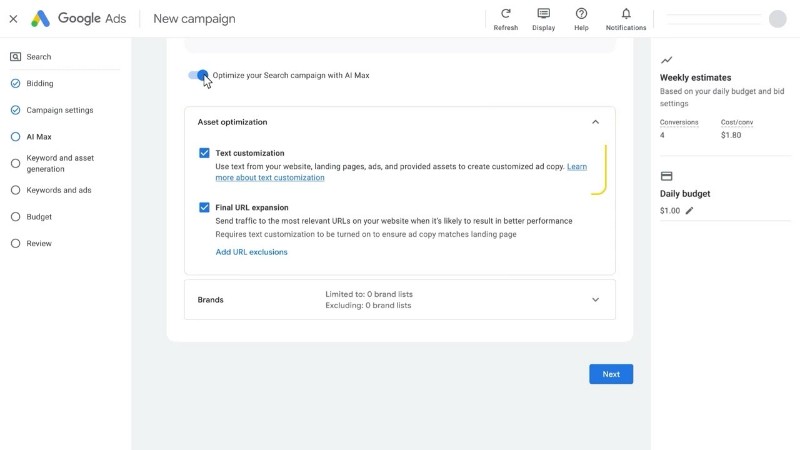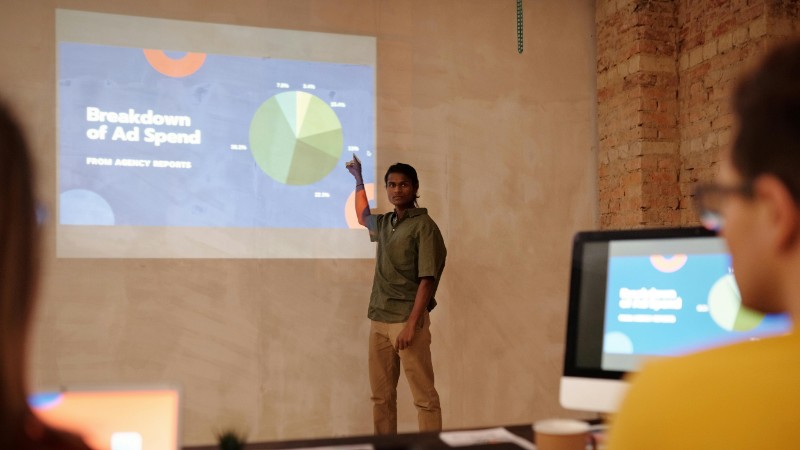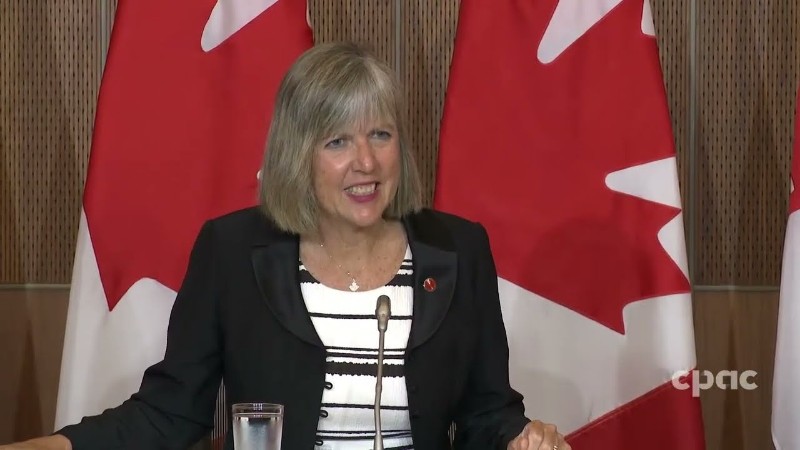Why businesses choose a paid ads agency
Digital MarketingRunning ads online feels easy until budgets vanish and results stall. Google Ads promises instant visibility, but without strategy it becomes expensive noise. That is why businesses turn to a paid ads agency, not for magic tricks, but for structure, discipline, and growth that actually shows up in revenue today. Why a paid ads agency Google Ads looks friendly at first glance. Pick keywords, set a budget, and wait. In reality, it behaves more like a crowded marketplace. Bids shift daily. Competitors watch closely. One wrong match type can drain spend fast. Without experience, campaigns chase clicks instead of customers. Data piles up quickly. Decisions feel urgent. Guesswork replaces planning. And mistakes repeat quietly until costs rise and confidence drops without clear direction or control. This is where a paid ads agency earns its keep. It studies intent, not vanity metrics. Keywords get grouped with purpose. Ads speak to real problems. Formats get chosen strategically, from Search to YouTube. Testing runs constantly. Budgets stay protected. Every move ties back to measurable business goals. Nothing runs on autopilot. Performance gets reviewed weekly so decisions stay sharp, focused, and grounded in real data insights always matter more. How expert agencies win A strong paid ads agency also knows when to slow down. Scaling without control burns budgets. Smart teams build guardrails first. They add negative keywords. They clean account structures. They track conversions properly. Google itself stresses accurate measurement before optimization even begins. This discipline keeps learning fast and waste low. It turns reports into decisions, not noise and helps teams respond calmly when markets shift, costs spike, or algorithms change suddenly again today fast online. Just as important, it gives businesses breathing room. Internal teams refocus on products and customers. Specialists handle testing, bids, and reports. Clear updates replace confusing dashboards. For guidance, Google recommends consistent tracking and smart optimization The payoff feels practical, not flashy. Growth becomes predictable. Stress drops. With the right paid ads agency, advertising shifts from risky experiment to steady, scalable engine built for long-term business success and sustainable revenue gains over time consistently.








